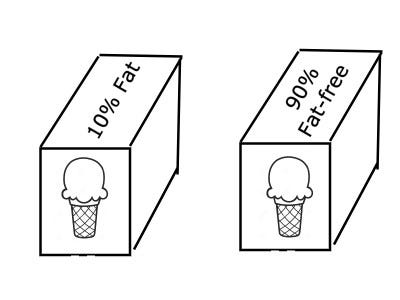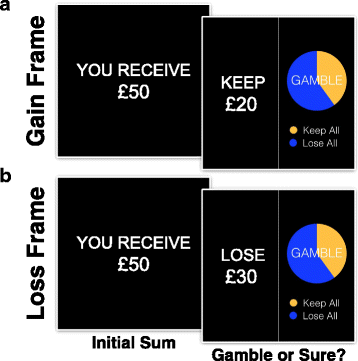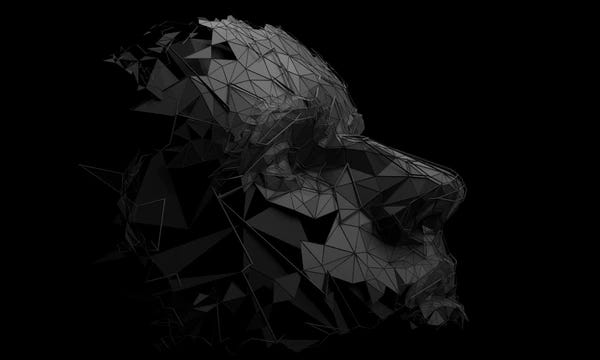“People generally see what they look for, and hear what they listen for.”
- To Kill a Mockingbird
How do we truly arrive at decisions? Do we meticulously gather data, dissect problem structures, and then draw conclusions? Or do we rely on intuition?
I’ve been exploring the concept of a cognitive bias.
Three important questions
What exactly are cognitive biases ?
How do we identify them?
Why should you care about them at all?
What exactly are cognitive biases?
A cognitive bias is a pattern of thinking that emerges due to the tendency of the human brain to simplify the processing of information by filtering it through personal experience and preferences.
I like to think of them as tools that help us find mental shortcuts. It’s largely a coping mechanism that the brain uses to handle large chunks of information.
What seems to be the problem if it’s a mere coping mechanism?
The major issue here is that certain biases cause irrational judgements and errors in interpretation.
How do we identify cognitive biases?
These are largely subconscious patterns. Look out for notable cues in your peer group.
Some prominent markers to identify a person with a strong cognitive bias:
A person who
pays special attention to ideas that confirm their pre existing opinions
automatically assumes everyone is of the same opinion as them
attributes their success to themselves while claiming that others merely got ‘lucky’
perpetually blames outside factors instead of themselves.
Such subconscious tendencies tend to have a drastic effect on an individual’s perception of the world.
Why should you care about them at all?
Drawing from previous context, it’s well established that cognitive biases affect one’s ability to make decisions.
There is a loophole here, and it’s worrisome.
If cognitive biases impact decision making, which consequentially drives behaviour, this implies that our very own intuition can be hacked if a third party manually introduces cognitive biases, which in turn can make us behave in ways that work against our favor.
Have a look at the pictures below


Given the exact same data, one can influence your choices based simply on how they choose to present it.
NOTE- There are several other design principles that orchestrate the introduction of such cognitive biases. Some of them are the IKEA effect, the salience bias, the illusory truth effect etc.
The framing effect is extremely common in daily life. Information is skillfully packaged and presented , carrying an inherent bias.
When these tools drive human behaviour, they introduce complexity. The lines between what is right and wrong begin to blur. Everyone has strong opinions on climate change, nuclear energy, cloning, AI and more. The fundamental flaw is that these opinions are seldom original, they’re byproducts of the biases we’ve been subject to - which is why they’re unlikely to be objectively true.
I know enough about cognitive biases to not impulsively trust my intuition in areas that require nuance and a multi-layered depth of understanding



I lowkey think that I display every sign of being biased XD
IMO morals are mere social constructs and are insanely dynamic. What kind of dilemma are you talking about? A good read overall.